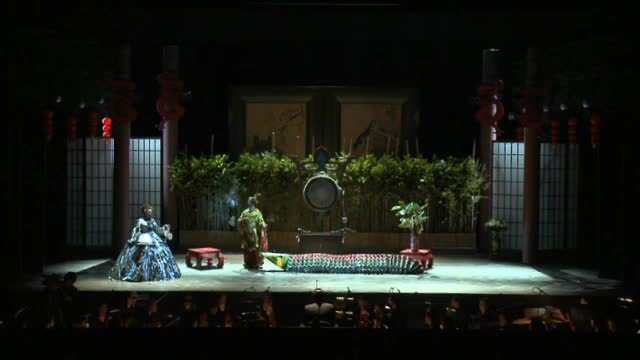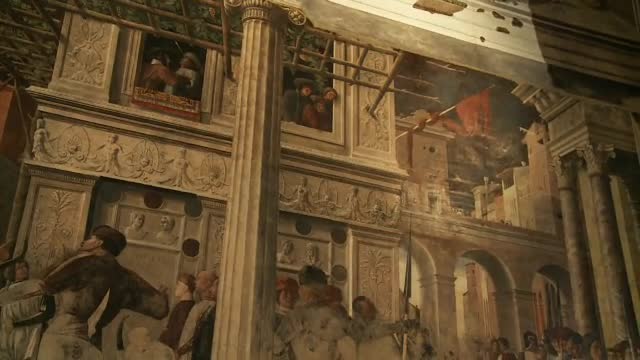Known as ‘Il Buranello’, after Burano, his place of birth, Baldassare Galuppi played a leading part in the development of opera buffa, although his name may now be more familiar to readers of Robert Browning’s poem A Toccata of Galuppi’s, an elegy for the vanished heyday of Venice. A pupil of Antonio Lotti, Galuppi worked first in Florence before returning to Venice, where, in 1740, he was appointed maestro di musica at the Ospedale dei Mendicanti. He established a lasting reputation in England, where he spent two years, from 1741 to 1743, writing operas for the King’s Theatre, Haymarket. In Venice he was involved in the adaptation of Neapolitan opera buffa for Venetian audiences and then, in collaboration with Goldoni, writing a successful series of comic operas, while also contributing opere serie for performance in various theatres. In 1748 he was appointed vicemaestro of the Doge’s Chapel and in 1762 reached the height of his profession in Venice as maestro di cappella at St Mark’s. From 1765 to 1768 he was in Russia, in the service of Catherine the Great, and on his return to Venice was appointed also maestro di coro at the Ospedale dei Incurabili. In later years he turned from opera to keyboard compositions and sacred works, the latter notably a series of oratorios for the Incurabili
Operas and Occasional Works
Galuppi won particular success with his opera Il filosofo di campagna (‘The Country Philosopher’), with a libretto by Goldoni, a work that was widely staged. He had considerable success with a large number of other stage works, opere buffe and opere serie, the latter showing increasing awareness of the operatic reforms taking place. Galuppi also wrote dramatic cantatas and other occasional works, to celebrate events in the life of Venice. His aria Alla tromba della Fama (‘To the trumpet of Fame’) may have formed part of an opera or a dramatic cantata.
Church Music
Galuppi’s sacred music includes Mass settings, and, unusually, unaccompanied vocal settings for the Russian Orthodox Church. His appointments at the Mendicanti and then at the Incurabili, two of the four famous institutions for the care of illegitimate or orphaned children, brought a series of oratorios.
Keyboard Music
Galuppi wrote a quantity of harpsichord music, token of his reputation as one of the foremost performers of his time.
| Title | |
| GALUPPI, B.: Inimico Delle Donne (L') (Opera Royal de Wallonie, 2011) | |

|
GALUPPI, B.: Inimico Delle Donne (L') (Opera Royal de Wallonie, 2011)
Composer:
Galuppi, Baldassare
Artists:
Adami, Filippo -- Alessandrini, Rinaldo -- Carnevale, Federica -- Devos, Liesbeth -- Gorodetski, Yuri -- Laplace, Priscille -- Panzarella, Anna Maria -- Rinaldi, Alberto -- Zanfardino, Daniele
Label/Producer: Dynamic |
| GALUPPI, B.: Mass for the Delivery of Slaves / MOZART, W.A.: Mass No. 16 (Scimone) | |

|
GALUPPI, B.: Mass for the Delivery of Slaves / MOZART, W.A.: Mass No. 16 (Scimone)
Composers:
Galuppi, Baldassare -- Mozart, Wolfgang Amadeus
Artists:
Bussi, Marco -- Canzian, Roberta -- Caputo, Aldo -- Claudio, Scimone -- Lege Artis Chamber Choir -- Polverelli, Laura -- Solisti Veneti, I
Label/Producer: Dynamic |
